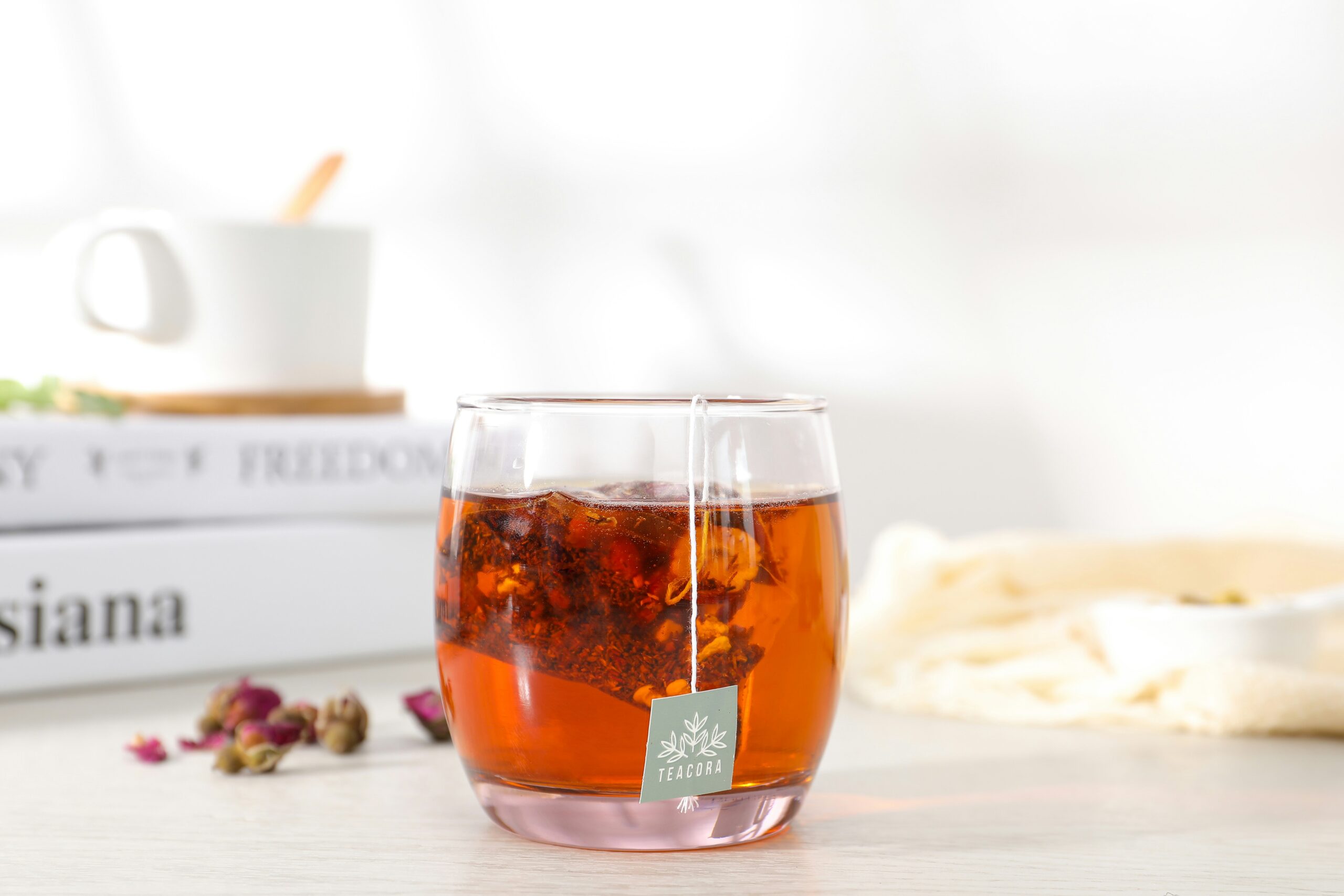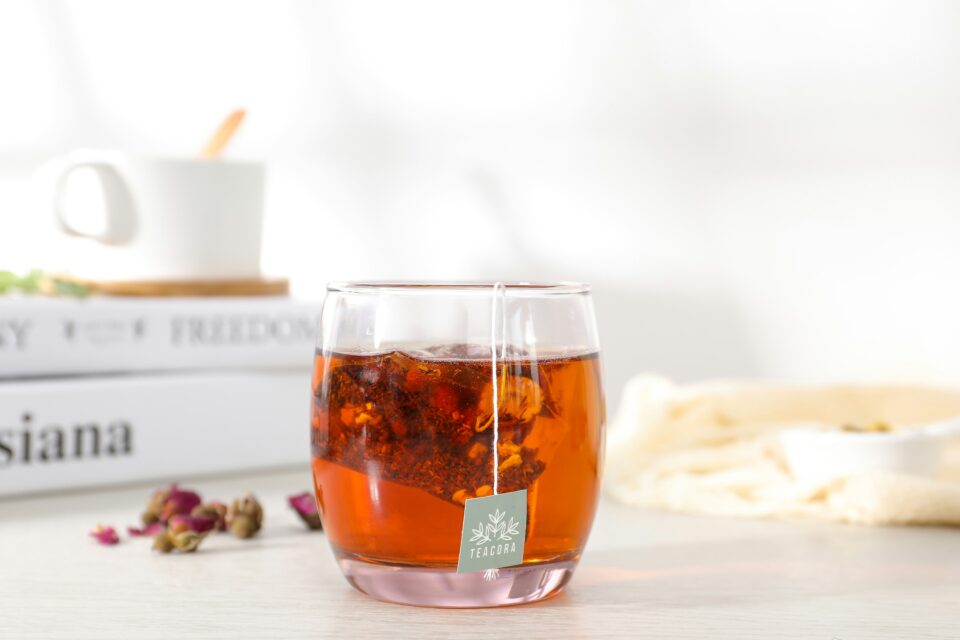At the end of the day, the best cup is the one that fits your mood, health goals, and taste preferences.
Tea vs Coffee: Is One Better Than the Other?
If you’re British, there’s a good chance you’ve clicked on this article ready for a fight. But don’t worry, we’re not here to pick sides—just to help you figure out which drink best suits your goals and lifestyle.
Maybe you’re looking for the ultimate energy boost, or perhaps you’re curious about the hidden health benefits of your favourite brew. Whatever your reason, leave your loyalties at the door and grab a cup of curiosity as we dive into the great tea vs coffee debate.
Caffeine Content and Energy Levels
How Much Caffeine in Tea vs Coffee?
When we think of a morning wake-up call, coffee is usually the first thing that comes to mind. That rich aroma, that instant jolt—it’s a staple for sleep-deprived souls everywhere. But don’t count tea out just yet!
Black tea and green tea also contain caffeine, albeit at about half the level of coffee. Interestingly, research suggests that tea can be just as effective at enhancing alertness—especially if you opt for two cups instead of one. But why? Scientists believe it’s not just about caffeine from coffee vs tea alone.
L-theanine, a powerful antioxidant found in black tea, that includes your Yorkshires and PGs, is thought to increase alpha brain waves, inducing a state of calm focus. This means tea may help counteract the jitters and energy crashes often associated with coffee. If you want a sharper, more immediate kick, coffee might be your best bet. But if you prefer a smooth and sustained alertness, tea could be the winner.
For iced beverage lovers, caffeine in iced tea vs coffee follows a similar trend: iced tea typically contains less caffeine than iced coffee, making it a milder, more hydrating alternative.
Antioxidant Powerhouses - Which one packs more punch?
Both tea and coffee are rich in antioxidants, which help combat oxidative stress and may reduce the risk of chronic diseases. Green tea, in particular, is loaded with catechins, known for their heart-healthy and weight-loss properties. Coffee, on the other hand, boasts chlorogenic acid, an antioxidant that supports metabolism and reduces inflammation.
The takeaway? Whether you prefer the earthy notes of green tea or the bold kick of coffee, you’re getting a powerhouse of health benefits with every sip.
Health Benefits: More Than Just a Pick-Me-Up
Coffee’s Perks:
- May lower the risk of Parkinson’s and Alzheimer’s diseases.
- Can boost metabolism and support weight loss.
- Loaded with antioxidants that promote overall well-being.
- A breakfast favourite for an instant energy surge.
Tea’s Benefits:
- Green tea supports brain function and fat-burning.
- Black tea may reduce cholesterol levels, benefiting heart health.
- Herbal and decaf teas, such as chamomile or peppermint, aid digestion and relaxation.
Hydration and Digestive Health
Why Tea Might Have the Edge
Tea, especially herbal and green varieties, is often considered more hydrating than coffee. While both beverages contribute to daily fluid intake, tea’s lower caffeine content makes it a gentler option for hydration. Plus, certain teas, such as peppermint or ginger, are well-known for their digestion-friendly properties, soothing the stomach and easing discomfort.
The Benefits of Loose-Leaf Tea
For those looking to get the most out of their tea, loose-leaf tea is an excellent choice. Unlike traditional tea bags, loose-leaf tea retains more of its natural oils and flavours, providing a richer taste and a higher concentration of antioxidants. The larger tea leaves also allow for a more gradual infusion, leading to a smoother, more complex brew. Whether you prefer black, green, or herbal teas, opting for loose-leaf can enhance your tea-drinking experience while maximising its health benefits.
Sleep and Stress: Relaxation vs Stimulation
Tea Takes the Crown
If winding down is your goal, tea is the clear winner. Coffee’s high caffeine content makes it a poor bedtime choice, whereas the combination of L-theanine and lower caffeine levels in tea promotes relaxation without drowsiness. Opt for a decaf or herbal variety like chamomile, and you’ve got the perfect recipe for stress relief and a good night’s sleep.
You can read more about the best time of day to drink coffee here.
The Verdict: Which One Should You Choose?
So, which is better—tea or coffee? Well, like we said, it all depends on what you’re looking for.
If you crave a bold energy boost, coffee might be your best bet. If you prefer a balanced, sustained focus, tea could be the smarter choice. Concerned about caffeine? Caffeine in iced tea vs coffee suggests that iced tea is the lighter option. And when it comes to overall health, both beverages offer a host of benefits, from antioxidants to metabolism support.
At the end of the day, the best cup is the one that fits your mood, health goals, and taste preferences.
For those who want both options, our Coffetek coffee vending machines offer the best of both worlds—brewing high-quality bean-to-cup coffee as well as fresh-leaf tea. So go ahead—sip, savour, and enjoy your perfect brew!

